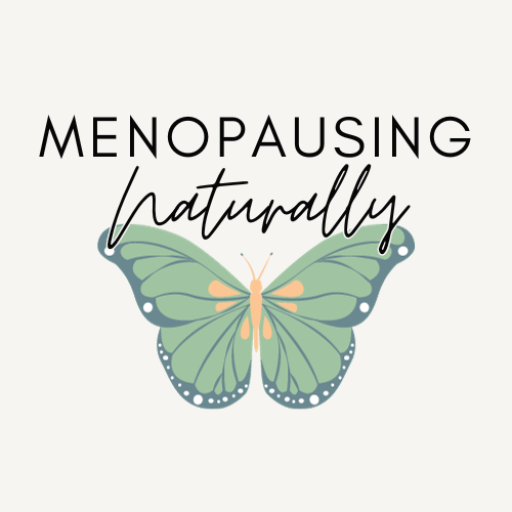Omega-3 Fatty Acids: Essential for Menopausal Well-Being
In today’s fast-paced world, women experiencing menopause often face a range of physical and emotional challenges. One essential element that can significantly impact their well-being during this phase is Omega-3 fatty acids. These vital nutrients play a crucial role in maintaining overall health, particularly for menopausal women.

Understanding Omega-3 Fatty Acids
Omega-3 fatty acids are polyunsaturated fats that are essential for the proper functioning of the body. They are primarily found in certain types of fish, flaxseeds, and walnuts. These fatty acids are known for their anti-inflammatory properties, which can help alleviate symptoms associated with menopause.
The Benefits of Omega-3 Fatty Acids
- Managing Hormonal Fluctuations: Omega-3 fatty acids have been shown to help regulate hormonal levels in menopausal women, reducing the severity of hot flashes and mood swings.
- Bone Health: They play a crucial role in maintaining bone density, which is especially important for women as they age and become more susceptible to osteoporosis.
- Heart Health: Omega-3 fatty acids contribute to a healthy heart by reducing blood pressure and cholesterol levels, ultimately lowering the risk of cardiovascular diseases.
- Improved Cognitive Function: Studies suggest that a diet rich in Omega-3 fatty acids may help maintain cognitive function and reduce the risk of cognitive decline in older adults.
- Alleviating Joint Pain: Menopausal women often experience joint pain, and Omega-3 fatty acids’ anti-inflammatory properties can provide relief.
Check out these healthy Omega-3 rich recipes
Incorporating Omega-3 Fatty Acids into Your Diet
Ensuring an adequate intake of Omega-3 fatty acids can be achieved through a balanced diet and, if necessary, supplements. Here are some dietary sources rich in Omega-3s:
- Fatty Fish (Salmon, Mackerel, Sardines)
- Flaxseeds and Chia Seeds
- Walnuts
- Hemp Seeds
- Algal Oil (for those following a vegetarian or vegan diet)
Remember, it’s essential to consult with a healthcare professional before starting any new dietary regimen or introducing supplements.

Omega-3 Fatty Acids: Essential for Menopausal Well-Being
Menopause is a significant life transition for women, and prioritizing their well-being during this time is crucial. Omega-3 fatty acids play a pivotal role in supporting physical and emotional health, making them an essential component of a menopausal woman’s diet.
FAQs
1. Are Omega-3 supplements safe for menopausal women? Omega-3 supplements are generally safe and well-tolerated. However, it’s important to consult with a healthcare provider before starting any new supplement regimen, especially for individuals with underlying health conditions or those taking medications.
2. How can I incorporate Omega-3s into my daily meals? Including fatty fish like salmon or mackerel in your diet a few times a week is an excellent way to boost your Omega-3 intake. Additionally, adding flaxseeds, chia seeds, or walnuts to your meals can provide a plant-based source of these essential fatty acids.
3. Can Omega-3 fatty acids help with mood swings during menopause? Yes, Omega-3 fatty acids have been shown to help regulate mood swings and reduce symptoms of depression and anxiety, which are common during menopause.
4. Are there any side effects associated with Omega-3 supplements? While Omega-3 supplements are generally safe, high doses can lead to digestive issues or interfere with blood clotting in some individuals. It’s important to follow dosage recommendations and consult with a healthcare provider if you have concerns.
5. Can Omega-3 fatty acids help with skin health during menopause? Yes, Omega-3 fatty acids contribute to skin health by maintaining its moisture and elasticity. They also have anti-inflammatory properties that can help soothe irritated or sensitive skin.
6. How long does it take to see the benefits of Omega-3 supplementation? The time it takes to experience the benefits of Omega-3 supplementation can vary from person to person. Some individuals may notice improvements in a few weeks, while others may take longer. Consistency in intake is key.
Conclusion
Incorporating Omega-3 fatty acids into your diet can be a game-changer for menopausal women seeking to enhance their overall well-being. From managing hormonal fluctuations to supporting heart and bone health, these essential nutrients offer a wide range of benefits. By making mindful choices in your diet, you can harness the power of Omega-3 fatty acids and embark on a journey towards a healthier, more balanced menopausal experience.






